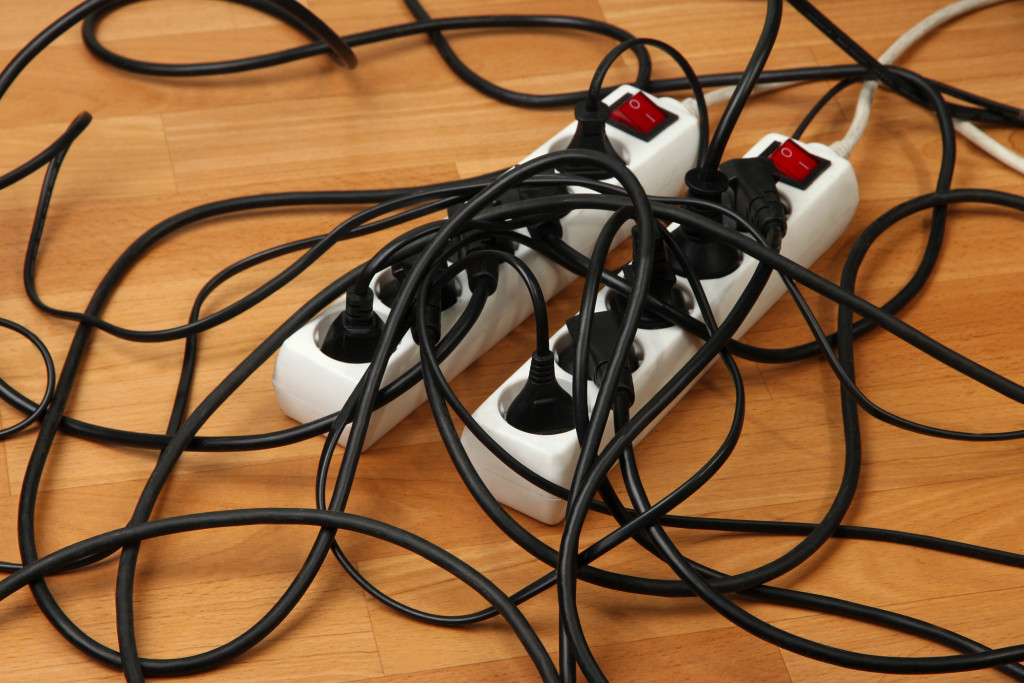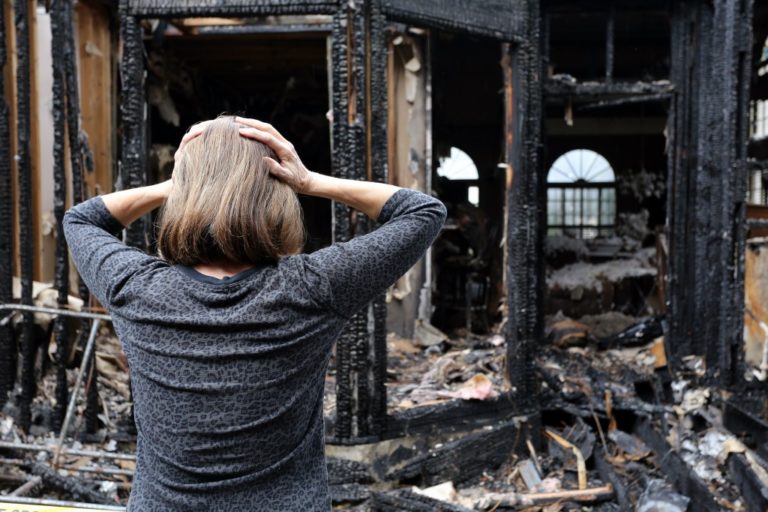Every year, an average of 47,700 home fires in the United States happens due to electrical failures and malfunctions. The National Fire Protection Association stresses that these fires have claimed lives, led to injuries, and caused billions of damage in properties. But what causes these electrical failures? How can homeowners prevent fires, especially during the holidays?
Overloading in electrical circuits is one of the biggest causes of home fires. Salt Lake City also experiences surges in holiday light installation. Before this happens, consult providers on how you can lower the risk of malfunction on your circuit breakers. Minimizing risk and avoiding overloading the electrical system will prevent accidental fires.
Here are some warning signs that you should look out for in an electrical system:
- Flickering, blinking, or dimming lights without any problem with the electricity provider.
- Frequent tripping of circuit breakers and having blown fuses. It happens when there are too many lights on or too many appliances plugged. This scenario will overload the fuse and cause the metal ribbon inside to break or melt.
- Electrical cords and wall plates become warm to touch or discolored. It often indicates that there are too many appliances plugged.
- When your electrical system is overloaded, it is also common to hear buzzing, crackling, or sizzling sounds from light switches and receptacles.
- Mild electrical shocks or tingles when you plug appliances, touch receptacles, and switches.
- A burning order from wall switches and receptacles often indicates that the electrical system is already overloaded. If not acted on, this can lead to a full-blown fire. Find where the smell is coming from and switch off your breaker. Call for professionals to fix the problem before anything serious happens.
To prevent overloaded electrical systems, here are some steps to take:
- Avoid “piggyback” connections. Don’t plug more than two major appliances in a single outlet. Likewise, don’t connect other devices on extension cords; it is best to use outlets designed for such loads.
- Most outlets can handle up to 1,500 watts. Before adding more devices into the circuit, check the circuit capacity.
- Appliances such as washers, air conditioners, and refrigerators must be plugged on wall outlets. These items are heavy electricity users, thus avoid plugging them into extension cords.
- Once you discover that there is an electrical overloading problem at home, contact a professional immediately to avoid further issues and protect your home from fire incidents.

In case an electrical fire happens, contact 911 or the Fire Brigade immediately. Use a dry fire extinguisher in case you need to put out a fire. In an electrical fire, never attempt to put it out using water! Try to turn off the main switch, and don’t attempt to put out a large fire on your own.
In most cases, the holiday season brings in more appliances and electrical decorations. If you have limited wall outlets, try to find a qualified electrician to check the electrical load and add new outlets. As much as possible, avoid relying on extension cords. It only adds outlets but does not increase the amount of power it gets from the outlet.




